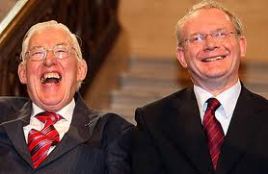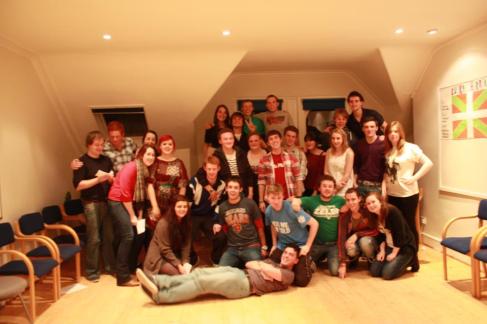The second amendment to the American constitution was adopted on the 15th December 1791. The right to bear arms signified the determination to protect individual rights and protect against tyranny in a volatile age. However, the second amendment has been one of the most controversial aspects of American constitutional history. Tragically, as yet another mass shooting has taken place in the nation; the issue has once again come to the attention of the media and the masses.
With the Presidential campaign booming well ahead of November, I can’t help but notice the reluctance of either candidate to address the issue of gun law. Largely, this is because it is a state, rather than federal issue. However, looking at the death toll from mass shootings in modern American history, I wish to question whether the responsibility to sell weapons under sufficient restrictions will ever be withdrawn from individual states.
The National Rifle Association is probably the biggest voice for advocating a loose interpretation of the second amendment, under the motto “a legacy of freedom”. The painful irony here is its legacy is quite the opposite when watching the tragic reports of loss in Colorado this week. The NRA is undoubtedly the political wing of the pro-gun culture of North America, carrying heavy political influence in the US, and enjoying massive support from many American citizens. But why do so many people here value their right to a gun so much? I wonder do they feel safer with a gun in the nightstand? Are they so passionate about the founding principles that they must avail of all the so called rights the Constitution gives them? Or, on a more harrowing note, are they planning to acquire weapons to plan a widespread attack, as we have seen far too many times in the last 20 years alone.
It seems all 3 of these options are relevant. Frighteningly, the requests for the background checks necessary to purchase guns rose by over 40% this weekend in Colorado, following the Aurora movie theatre attack. Yet, seeing through the hysteria; how can having even more guns available provide you with a sense of protection? The system needs vigorously overhauled.
Coming from Northern Ireland, where guns did their fair share of devastation; the justifications for pro-gun lobbying in the United States are somewhat hard to swallow. I wonder how many further massacres it will take before state governments take some responsibility for protecting their citizens. If they don’t, surely the federal government should be more outspoken in strengthening the somewhat lax regulations surrounding the sale of weapons.







